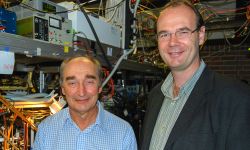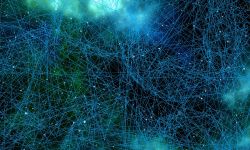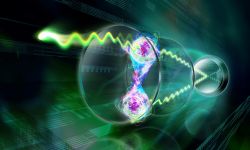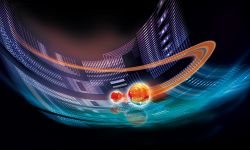
This week physicists Vitali Efimov and Rudolf Grimm will receive the Faddeev Medal for having made history in physics. In 1970, Efimov discovered an effect that was subsequently called Efimov effect. 35 years later, Grimm and his research team were the first to experimentally proof this quantum phenomenon, which had been repeatedly questioned by experts in the field.

Today, quantum physicist Peter Zoller receives the Norman F. Ramsey Prize in Fort Lauderdale, Florida. The award is being presented by the American Physical Society for the first time this year for outstanding scientific achievements in the field of atomic physics and precision measurement.
Read more …Peter Zoller receives inaugural Norman F. Ramsey Award

A team of physicists from ICTP-Trieste and IQOQI-Innsbruck has come up with a surprisingly simple idea to investigate quantum entanglement of many particles. Instead of digging deep into the properties of quantum wave functions - which are notoriously hard to experimentally access - they propose to realize physical systems governed by the corresponding entanglement Hamiltonians. By doing so, entanglement properties of the original problem of interest become accessible via well-established tools. This radically new approach could help to improve understanding of quantum matter and open the way to new quantum technologies.

A team led by experimental physicist Rainer Blatt has succeeded in characterizing the quantum entanglement of two spatially separated atoms by observing their light emission. This fundamental demonstration could lead to the development of highly sensitive optical gradiometers for the precise measurement of the gravitational field or the earth's magnetic field.
